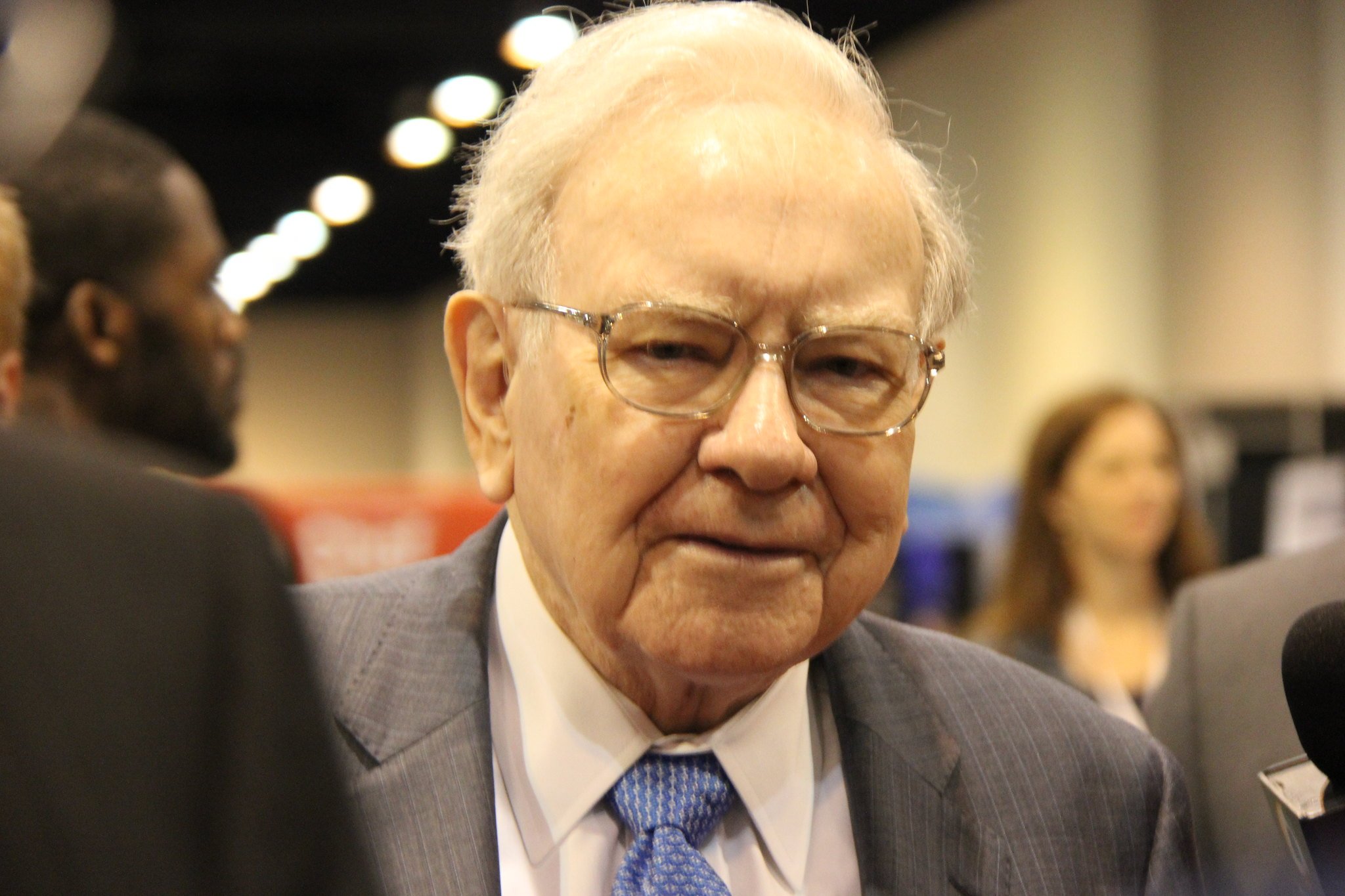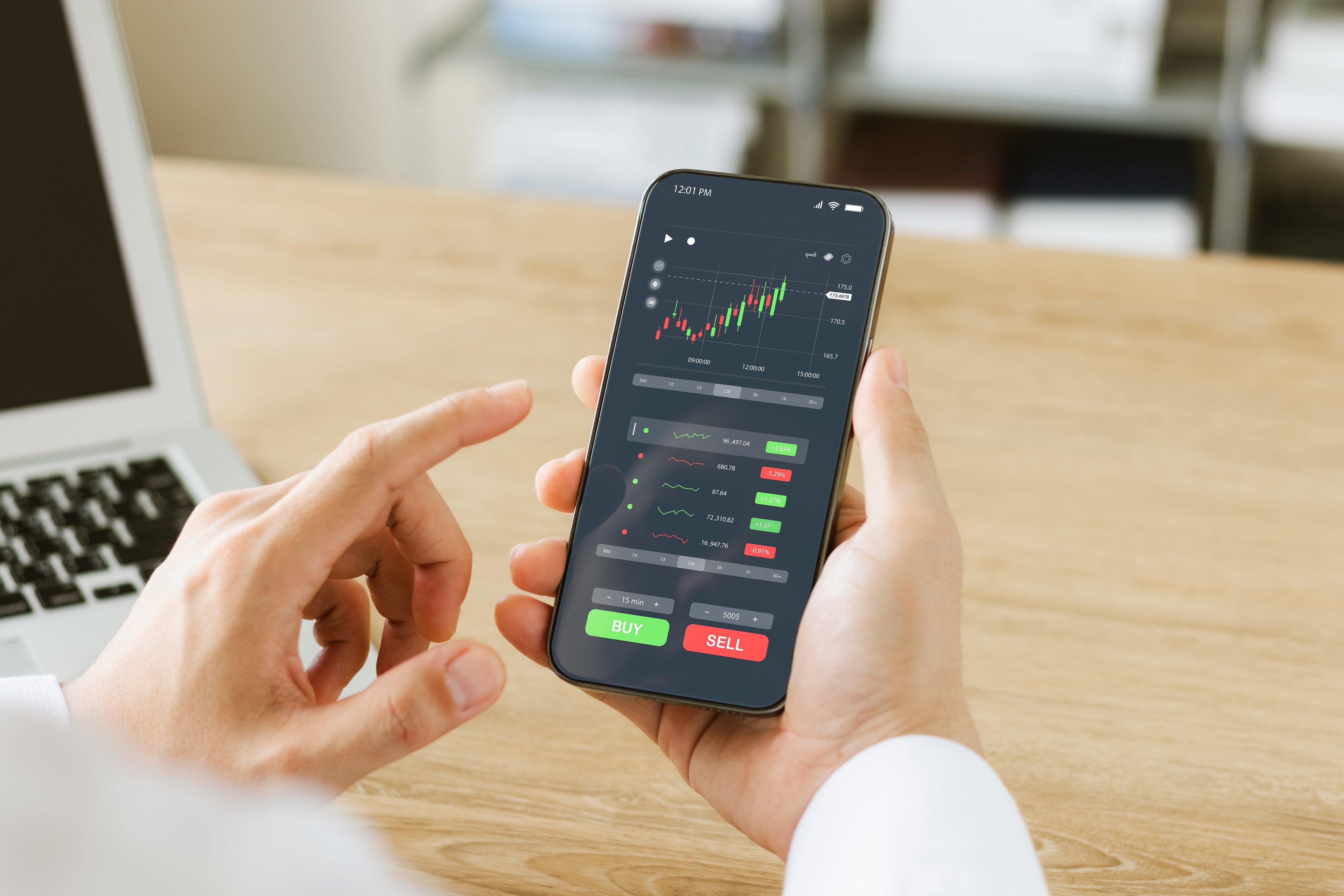While Berkshire Hathaway (BRK.A +1.19%)(BRK.B +0.78%) sometimes will move in and out of stocks on a short-term basis, the company -- led by famed CEO Warren Buffett -- is largely considered a long-term investor.
This can sometimes make it difficult to immediately understand why Buffett and his team are buying a stock or a group of stocks because their thesis could still be several years away from playing out. The companies they buy may have underperformed recently and also may not screen well.
In recent years, Buffett and Berkshire have loaded up on energy assets, including oil and gas stocks, even as many industry experts have expressed caution about the price of oil. Does Buffett know something that Wall Street doesn't?
Berkshire's oil and gas acquisitions
Although Berkshire invests in a range of different sectors from banking to tech and artificial intelligence, it's clear that Buffett and his team have been bullish on the energy sector for a number of years now.

Image source: The Motley Fool.
In 2020, Berkshire announced it would spend $10 billion (including the assumption of debt) to purchase the natural gas assets from Dominion Energy, which included all of Dominion Energy Transmission, the Questar Pipeline, and Carolina Gas Transmission. The deal also included half of the Iroquois Gas Transmission System and 25% of the natural gas export-import and storage facility Cove Point LNG.
Last October, in a year where Berkshire hardly put any of its massive cash hoard to work, Berkshire announced it would purchase the remaining 8% of Berkshire Hathaway Energy that it didn't already own.
In its massive equities portfolio, Berkshire has also been busy buying domestic U.S. oil and gas stocks. In 2019, Berkshire purchased its first stake in Occidental Petroleum (OXY 0.07%) by providing the company with $10 billion in financing for an acquisition, in return for preferred shares and warrants. Berkshire hasn't slowed its buying since and now owns nearly 27% of outstanding shares. Occidental makes up 4.3% of Berkshire's portfolio and is the company's sixth largest position.
Berkshire also owns nearly 7% of outstanding shares in Chevron (CVX +3.33%), a position it first launched in 2020. Chevron is Berkshire's fifth-largest equity holding.
By all indications, I would expect Berkshire to keep investing in energy and utility stocks and assets. When Buffett retires from the CEO role at the end of this year, Greg Abel will succeed the 94-year-old, and Abel has run Berkshire Hathaway Energy for a number of years.
What does Buffett know?
Occidental Petroleum and Chevron have not performed well since the beginning of 2020, significantly underperforming the broader market.
Oil prices have struggled over the last several years for a variety of reasons. Prior to President Donald Trump's current administration, there had been more of a focus on alternative energy and electric vehicles, as more people have grown increasingly concerned about climate change and its effect on the world. There have also been concerns about global demand for oil and the supply and demand dynamics.
The Organization of the Petroleum Exporting Countries and its allies have announced plans to increase production in an effort to retain and reclaim market share from countries it believes are producing too much oil. Meanwhile, the U.S. has significantly increased its fracking and drilling production over the last 15 years and saw oil production last year hit a record 13.4 million barrels per day, which also likely had an impact on supply.
Earlier this year, the U.S. Energy Information Administration (EIA) predicted Brent crude oil prices would average about about $66 per barrel this year and about $59 per barrel in 2026, compared to $81 per barrel in 2024.
So why are Buffett and Berkshire so interested in oil and gas assets? One reason may be geopolitical tensions. Relations in the Middle East have been fragile for many decades now. More recently, there has been significant escalation in the region due to the Israel-Gaza war and the growing conflict between Israel and Iran. Following Israel's recent and surprising strike on Iran's nuclear and military facilities, the price of oil surged to one of its highest in years.

NYSE: BRK.B
Key Data Points
Oil and gas are also viewed as finite resources. In a 2023 report, the EIA estimated that there is enough global supply of crude oil, liquid hydrocarbons, and biofuels to power the world's demand for liquid fuels through 2050. While technology can always change things, growth is expected to slow in the Permian Basin, one of the largest sources of oil production in the U.S.
Buffett and the Berkshire team may view holding U.S. energy assets as quite valuable if supply erodes and alternative energy sources can't fill the gap. Or perhaps they view companies like Occidental and Chevron as candidates to move into alternative energy sources.
Either way, it may not be a bad idea for investors to take a page from Buffett's playbook and build some exposure to U.S. oil and energy assets. These can serve as a hedge if oil prices surge due to escalating conflicts in the Middle East or if supply becomes constrained.









